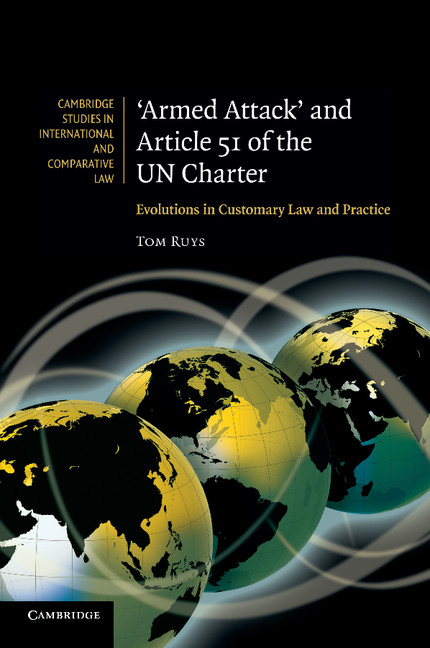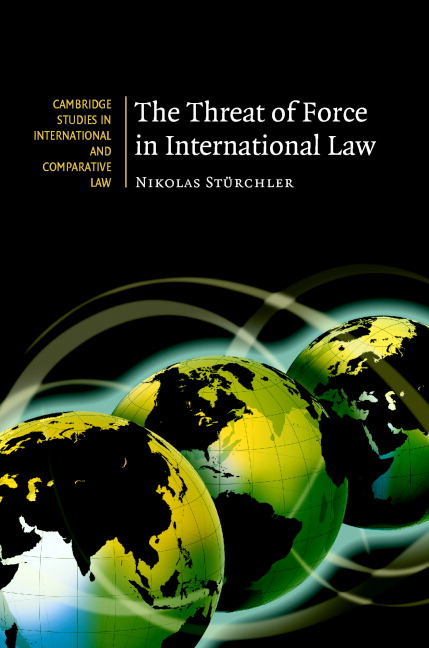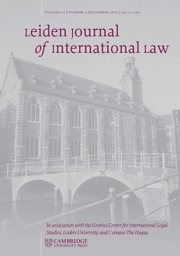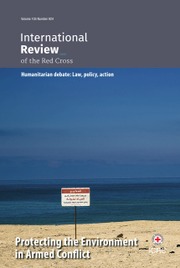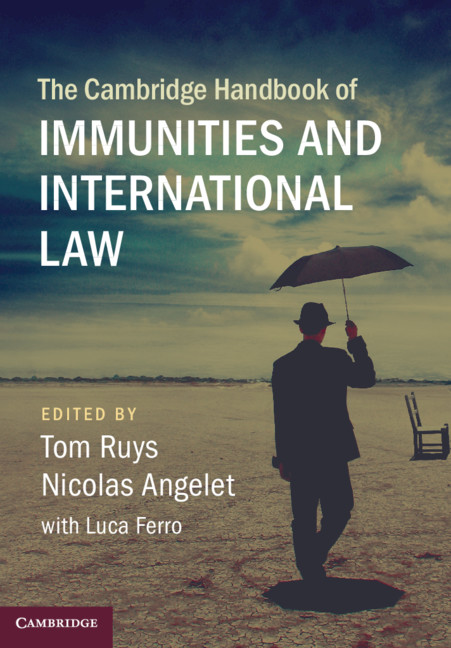'Armed Attack' and Article 51 of the UN Charter
This book examines to what extent the right of self-defence, as laid down in Article 51 of the Charter of the United Nations, permits States to launch military operations against other States. In particular, it focuses on the occurrence of an 'armed attack' - the crucial trigger for the activation of this right. In light of the developments since 9/11, the author analyses relevant physical and verbal customary practice, ranging from the 1974 Definition of Aggression to recent incidents such as the 2001 US intervention in Afghanistan and the 2006 Israeli intervention in Lebanon. The notion of 'armed attack' is examined from a threefold perspective. What acts can be regarded as an 'armed attack'? When can an 'armed attack' be considered to take place? And from whom must an 'armed attack' emanate? By way of conclusion, the different findings are brought together in a draft 'Definition of Armed Attack'.
- Analysis of the preconditions for the exercise of States' right of self-defence allows readers to understand to what extent the field has evolved since the 9/11 attacks and the interventions in Afghanistan and Iraq
- Case studies enable readers to understand how the relevant rules apply in concrete situations
- In-depth examination of the preparatory works of the UN General Assembly's 'Definition of Aggression' (1974) serves as a mirror to test the legal dilemmas in the present international security environment against those existing throughout the Cold War era
Reviews & endorsements
"… a particularly subtle and reasoned interpretation of jus contra bellum established by the UN Charter. One could even say that this is the most rigorous and successful book to date about self-defence."
Professor Olivier Corten, translated from the Revue Belge de Droit International
"… 'Armed Attack’ and Article 51 of the UN Charter is a well written and carefully researched contribution which will become a bookshelf staple for academics working in the area."
Heather A. Harrison Dinniss, The Modern Law Review
"Tom Ruys has written one of the most important books on the Charter law on the use of force. His study is meticulously researched, methodologically sensitive, extremely thoughtful, and elegantly written and on top of all this, it shows balanced judgment. It must therefore be included in the rather short list of significant monographs on the subject-matter … by having written this splendid book, Ruys has rendered the determinacy of this crucially important body of law a most valuable service."
Claus Kreß, The British Yearbook of International Law
Product details
October 2013Paperback
9781107685338
616 pages
229 × 152 × 32 mm
0.81kg
Available
Table of Contents
- Introduction
- 1. The methodological debate and the quest for custom
- 2. Conditions of self-defence
- 3. The Armed Attack Requirement Ratione Materiae
- 4. The Armed Attack Requirement Ratione Temporis
- 5. The Armed Attack Requirement Ratione Personae
- 6. What future for the armed attack criterion?

